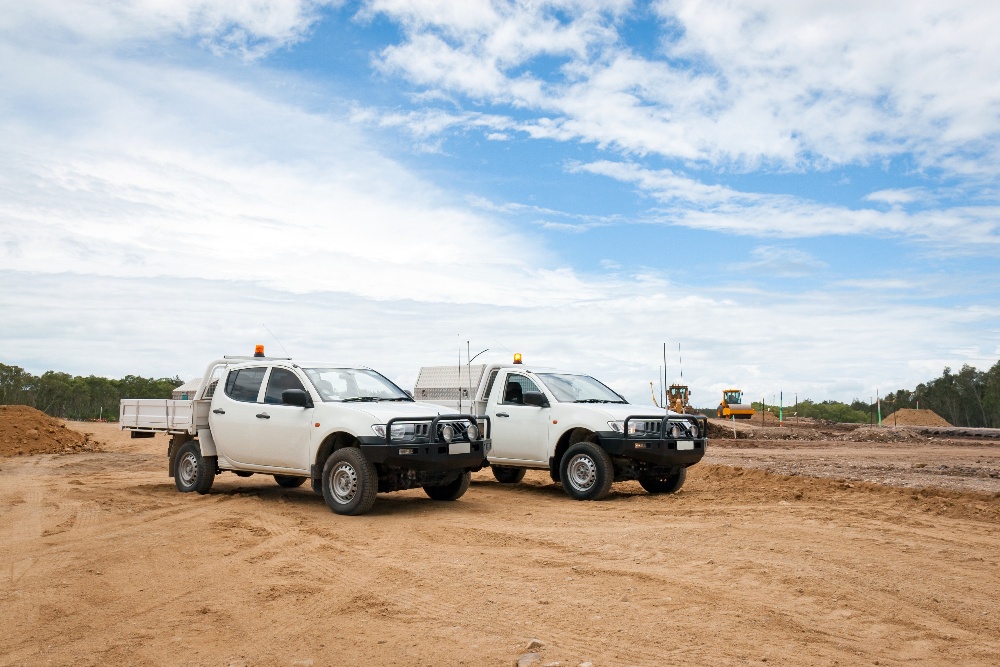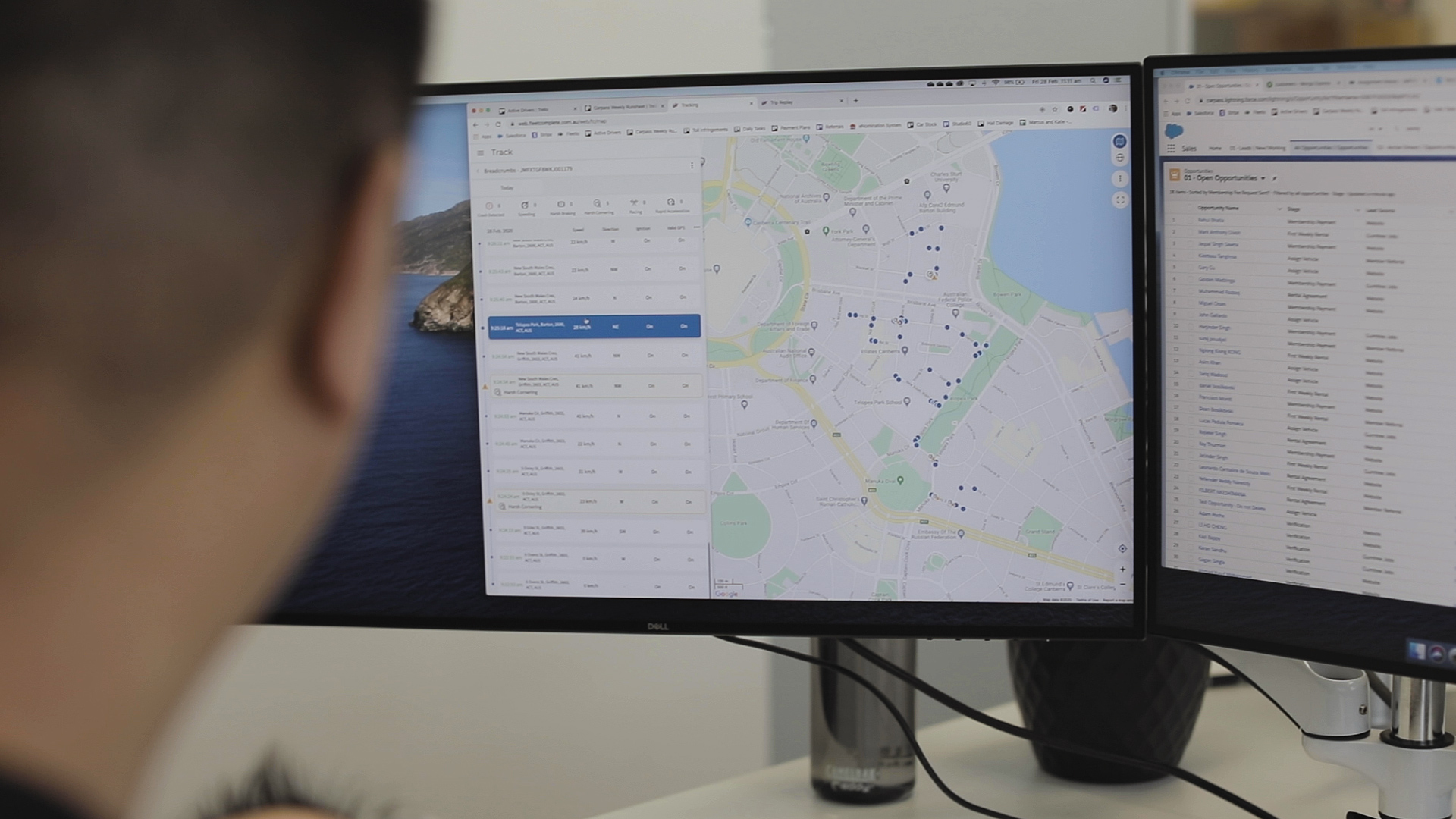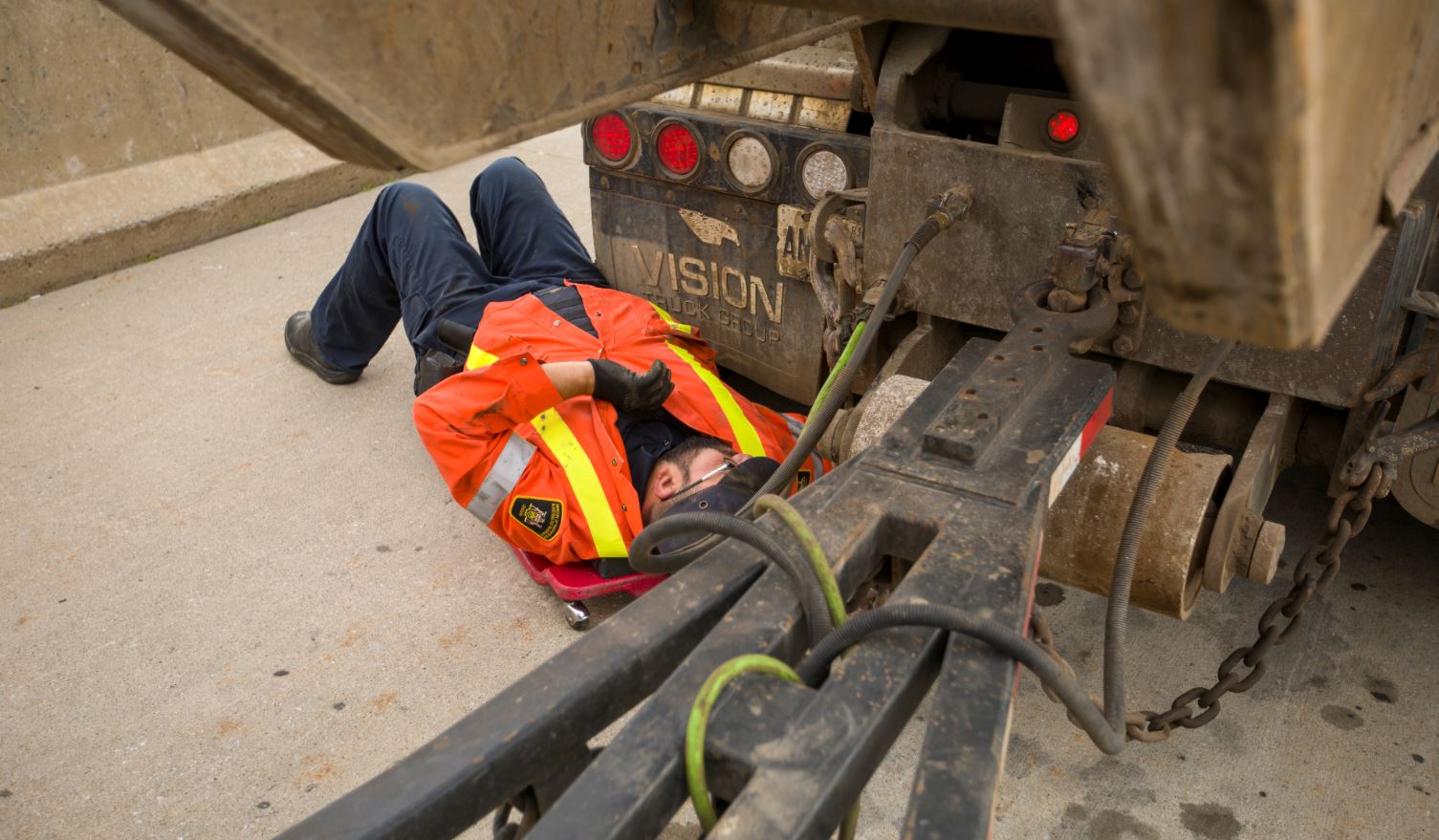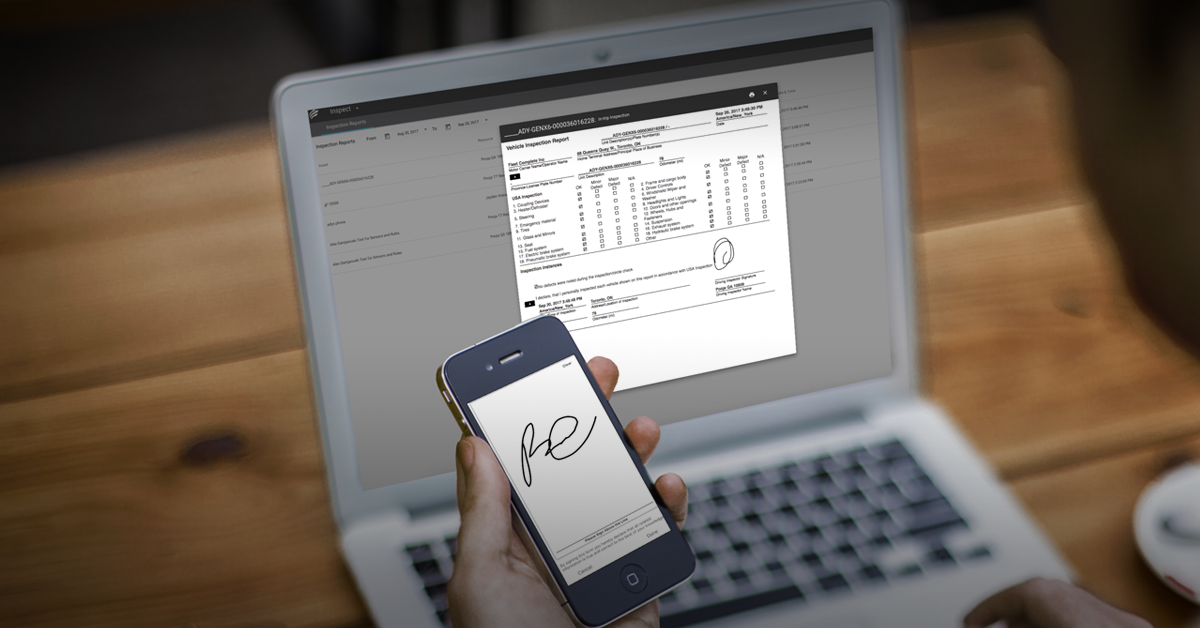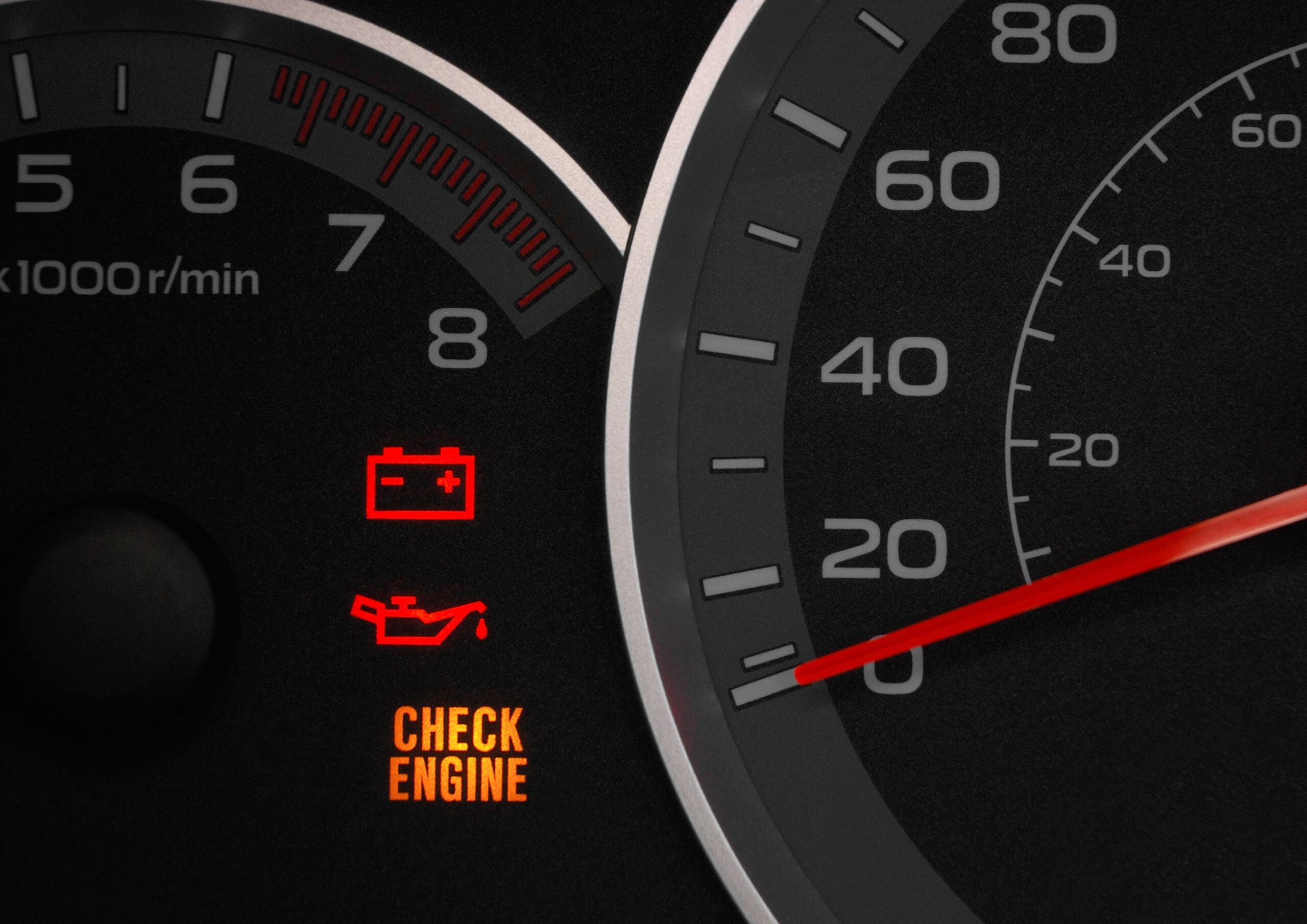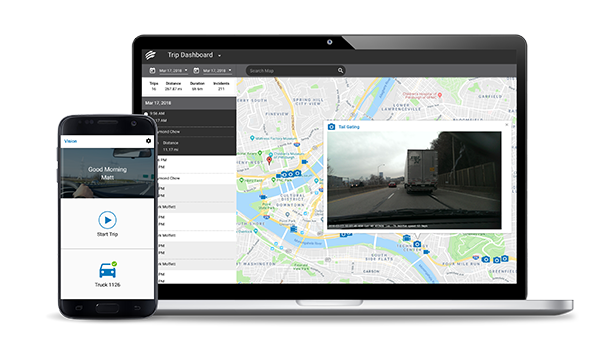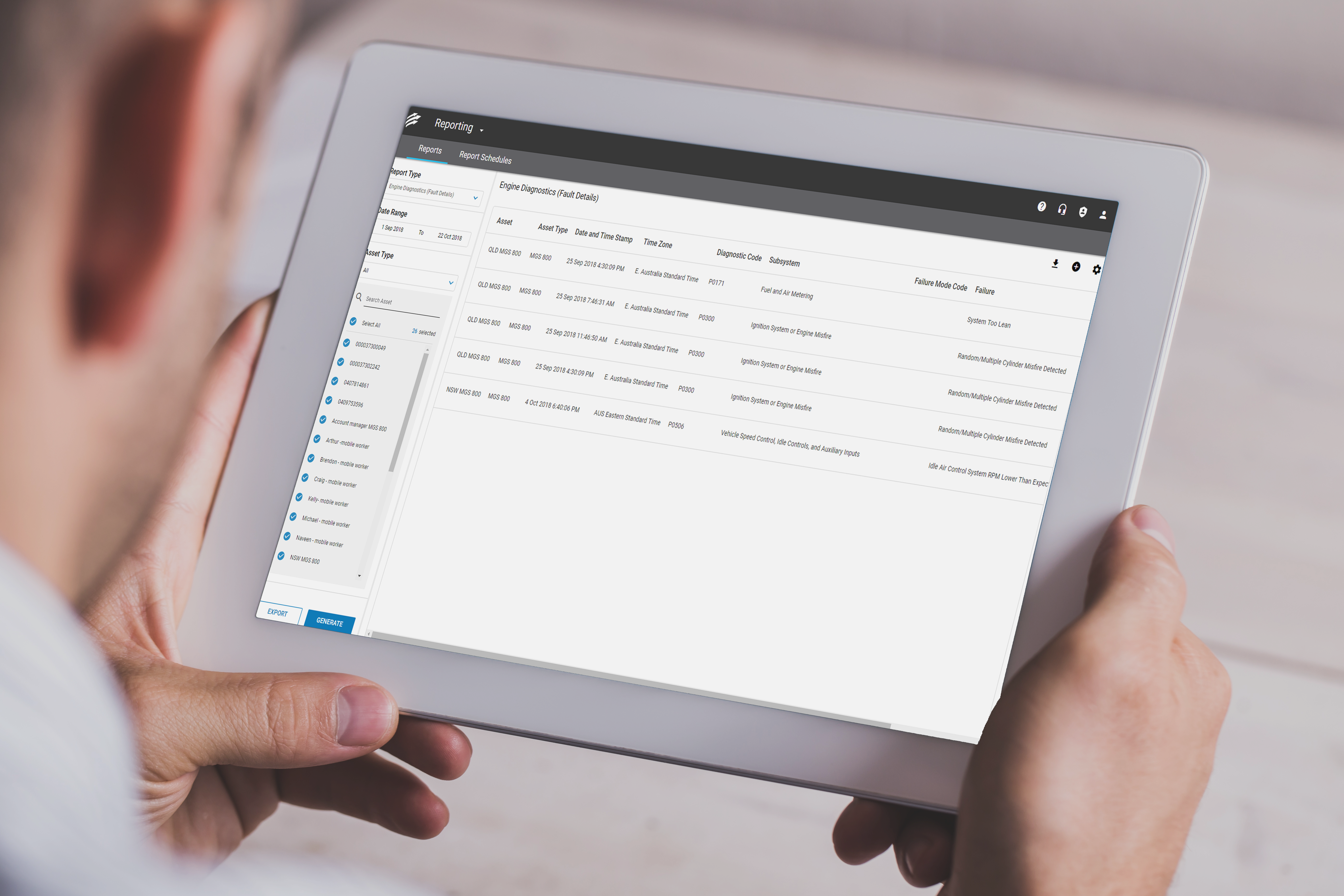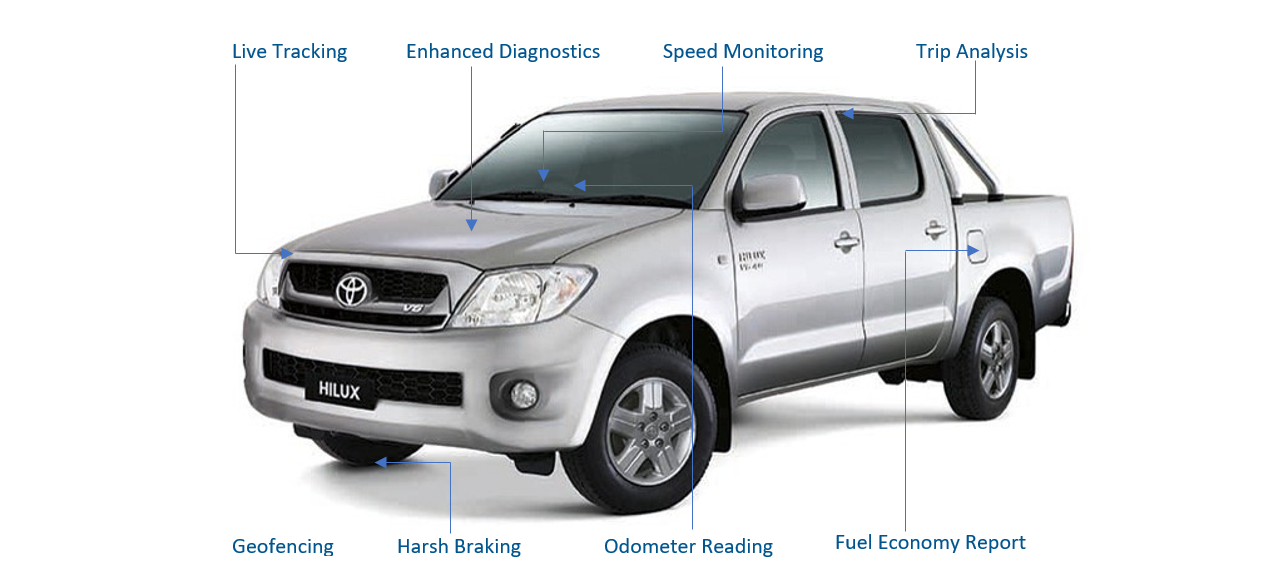
As with many professions, aspects of the trucking industry can be tough on mental health. With truckers enduring long hours on the road, time away from family, and other work stresses, mental health should be at the forefront of their health and safety priorities.
Here’s a look at the state of mental health in Australia’s workforces and tips on how to look after your drivers’ well-being.
Australia’s Mental Health Concerns
More than 45% of Australians aged 16–85 have experienced mental illness to some extent in their lives. Yet, according to the same report, 65% don’t take steps to do anything about it.
Another growing problem is mental health concerns among men, who are less likely to report a range of mental health issues, including mood disorders and suicidal thoughts.

Suicidal behaviour is a huge problem among Australian men (Image Source).
“On average, we lose six men to suicide in Australia every single day – a figure that is both devastating and unacceptable. For the first time, ground-breaking research projects like Beyond the Emergency help to paint a picture of the full extent of the men’s mental health crisis, which will prove invaluable to the sector as we continue to identify service gaps and fight for better treatments that will ultimately save the lives of Aussie men,” said Movember’s new Global Director of Mental Health, Suicide Prevention Brendan Maher.
The situation is even worse for truck drivers. While one in five Australians are experiencing a mental health condition at any time, truck drivers are 7% more likely to develop depression. Workers regularly deal with long working hours, which can lead to stress and related health concerns. The same survey also revealed 65% of drivers work longer hours than recommended, leading to a higher risk of burnout and road accidents.
It’s also worth noting that Australia’s transport and trucking industry has long been dominated by men, with women accounting for just three percent of truck drivers. This means not only are mental illness rates higher among truck drivers – but because most truck drivers are men, the likelihood of them seeking help is lower.
“[Men] don’t talk about their inner feelings, don’t talk about their anguishes or what’s going through their minds, especially with their work mates because it’s just unheard of and I find that really sad,” says one worker in an interview with ABC News. “I know three or four different people who took their own lives, guys I’ve worked with…because the industry as a whole put such pressure on them.”
Not only is this a problem for the individual and a risk to other road users, but it’s also bad for business. One PwC report revealed Australian businesses were losing $10.9 billion annually for failing to address mental health among workers. On the other hand, businesses that take action will experience an average return of $2.30 for every $1 invested in initiatives that support better mental health. The return is even higher in the transport, postal, and warehousing industries: an average of $2.80 for every $1 invested.
What Fleet Managers Can Do to Help Truck Drivers
Supporting workers with their mental health should be a priority for managers. It ensures the well-being and safety of staff and can even lead to drivers working more efficiently as they’re supported in coping with stresses. Here’s how you can help your workers:
1. Reduce Stigma
Discussing mental health is still considered taboo among many people, so talking openly and candidly about it helps reduce the stigma by bringing it out into the open. Business leaders may even want to talk about their own struggles, as this will help dispel the myth that addressing mental health is a sign of weakness.
There are also organisations that specialise in providing peer workers to work with staff. Peer workers are individuals who have lived with mental illness and are willing to talk about their experience as a way of educating, supporting, and normalising the topic.
Australian truck driving projects a tough image of drivers who just get on with things, leaving many feeling unable to voice their struggles. “Some fear if they talk about having challenges around mental health and well-being that they will be seen as being unable to do their job and will lose their job,” says Dr. Pritchard in an ABC News interview. “Many of them are actually fearful of keeping their jobs and being employable in the future if they happen to talk about their mental health or put a claim in.”
Bring discussions about mental health into the open with training that helps workers recognize their own symptoms. Self-care tips can also help truckers understand the relationship between certain behaviours and mental health and help offer strategies to improve their well-being.
2. Support Employees
If 1 in 5 Australians have suffered from a mental health condition at some point in their lives, the chances of you having worked alongside someone living with poor mental health are high.
Mental illness is often hidden and imperceptible, so ensure that support is widely available and accessible to all employees – not just those displaying symptoms. For those who do need to take time off, employers can access workplace rehabilitation services through local accredited providers.

Awareness and support play a vital role in addressing mental illness in Australia (Image Source).
3. Build Skills
It’s important to provide resources for drivers to help manage their own well-being. This includes preventative steps to maintain good physical and mental health and the tools and confidence they need to approach someone when there are concerns. Managers should also be trained to spot signs of poor mental health in their colleagues and have the resources they need to have these types of conversations.
4. Minimise Workplace Stress
Long hours and tough working conditions can exacerbate mental health conditions. As a fleet manager, it’s your job to make sure your drivers can work in a safe, efficient environment. Here are some practical tips:
- Look out for signs of workplace bullying.
- Train senior drivers to mentor and support new recruits.
- Use electronic work diaries (EWD) to ensure drivers aren’t exceeding their Hours of Service.
- Take advantage of fleet management software to help with things like real-time communication and general safety. GPS fleet management tools can also help managers spot things like aggressive driving and speeding – which could hint at stress or anger management problems that need to be addressed.
5. Make a Commitment
Workplace mental health should be treated as an ongoing initiative rather than something that ends once the training is over. Develop an action plan that outlines how mental well-being will be prioritised in the workplace, with specific details about advice, who to contact, and where to seek help.
Take advantage of government initiatives, too. Authorities such as Safe Work Australia, the National Transport Commission, prevention Xpress, and others have joined forces to help improve the mental health of truck drivers. This includes free health checks and tips on how physical health impacts psychological well-being.
If you or someone you know needs help:
Lifeline on 13 11 14
MensLine Australia on 1300 789 978
Suicide Call Back Service on 1300 659 467
Beyond Blue on 1300 22 46 36
Headspace on 1800 650 890
SANE Australia on 1800 18 7263
If you found this article helpful, please share it on social media.
































































